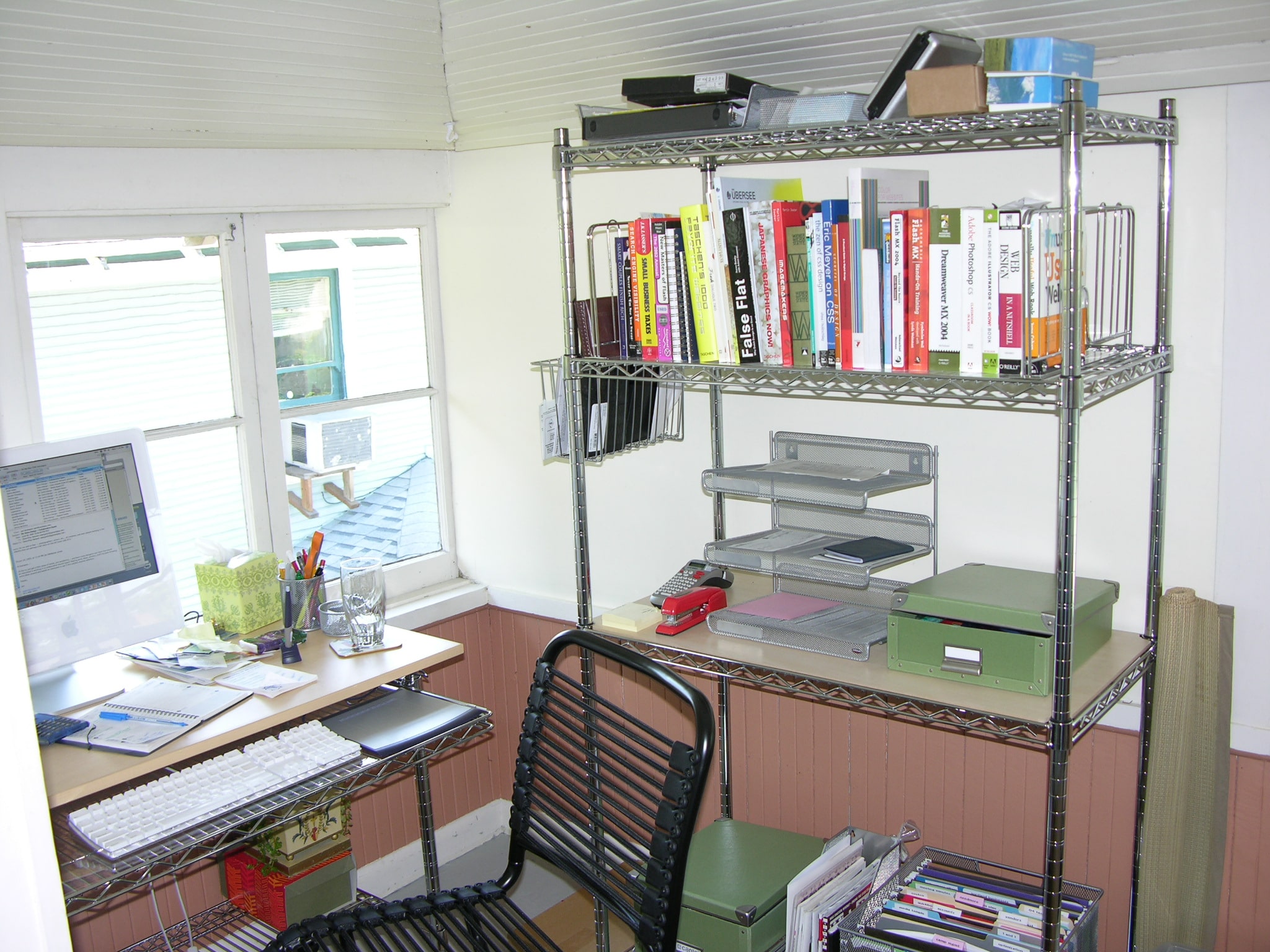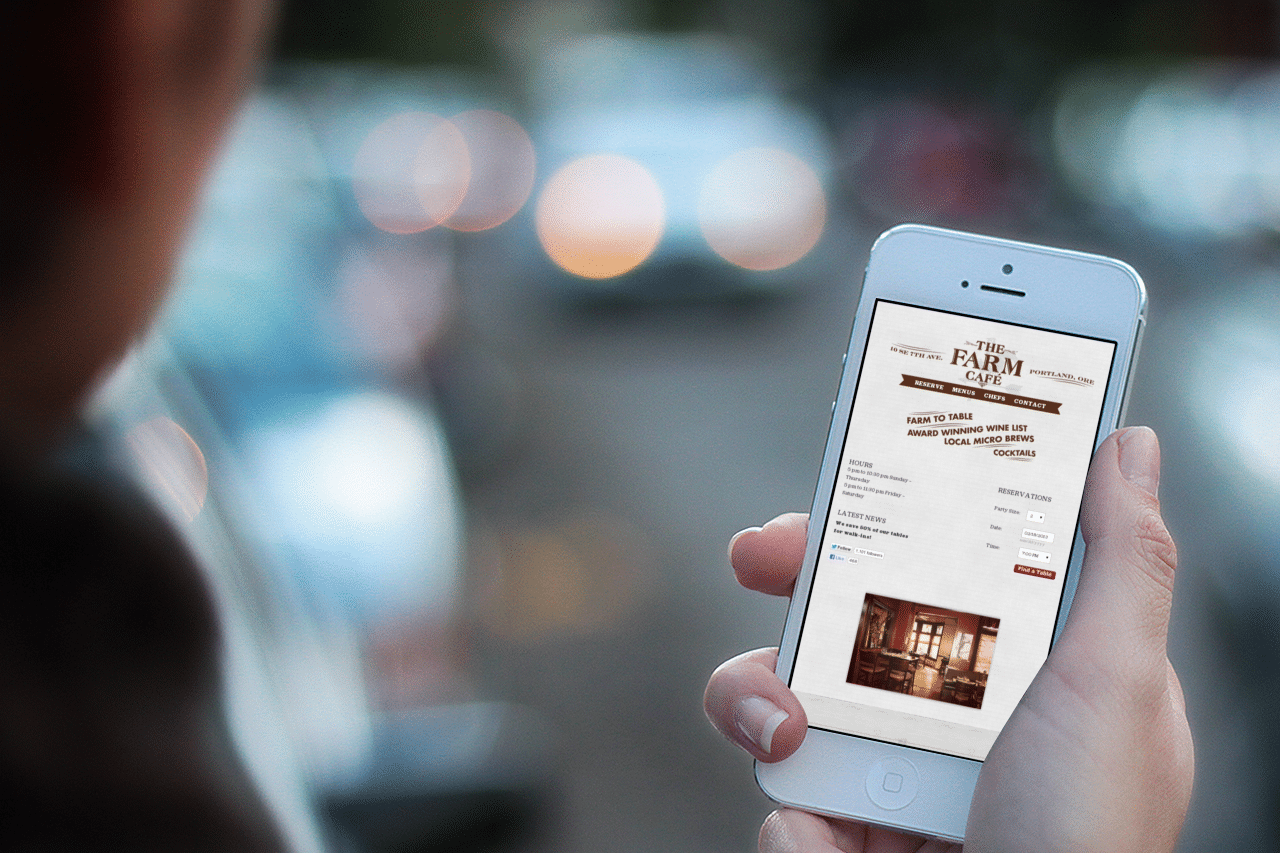In the midst of chatting with students, giving advice to emerging website designers, and spouting philosophy on our podcast, The Job, I’ve been reminiscing quite a bit about the early days at Needmore.
We were a scrappy duo, pulling ourselves up by the bootstraps and making it work. Nine years later, being part of the team at Needmore is something I love. I get to spend my days talking to clients and potential clients, learning their stories, and crafting sites that tell these stories beautifully and elegantly.
I think this is just about the best job and am grateful to be here today. But it wasn’t always easy. If I could go back to those early days, there are a few core truths I’d love to have known straight away. These are lessons that took years to learn and many were learned the hard way. In no particular order, here’s some advice from the front on starting a web design business.
Have a lawyer
Before you begin working with clients, you need to have a contract. Contracts are written agreements about how you and your client agree to work together. They should clearly outline deliverables, payments structures, rights, and responsibilities. They exist to protect you and your client. Ideally, you would have a real contract, one that you understand that has written by a lawyer – your lawyer (in lieu of this, at the very least, look at the contract in the Graphic Artist Guild Handbook).
Either way, you absolutely need a lawyer. Whether you like it or not, you are going to run into snags here and there as you begin working with clients. It might be a confusing non-disclosure agreement that a client sends over or a hiccup in a project or a detail of your contract that you do not understand. Don’t wait until you need a lawyer to retain one. You want a lawyer so that you can pick up the phone, ask questions, and move forward confidently.
Get a good accountant
Starting a new business can be overwhelming, especially if budgets aren’t your forte. You want to have an accountant guiding you along your way. An accountant is going to give you handy pieces of advice like spend less than you make and you should really be paying yourself something and these are the taxes you owe.
Beware: all accountants are not the same. You’ll want to take time to find someone who is a good match for you. Ask around, interview a few potential accountants, and then work with someone you like and trust.
Get paid
Along with a signed contract, consider making a retainer part of your project kick-off. Asking for a percentage of the project up front allows you to set aside time and resources for a client. Also, folks who have a bit of skin in the game already are much more likely to be good partners in the process. (Unfortunately, the farther a client gets along in a process without paying anything, the easier it can be to walk away.)
You also want to set reasonable time frames for iterative payments. At Needmore, we collect a third of the project budget at kick-off, at acceptance of mockups, and before launch. These last two payments are tied to acceptance of a clear deliverable. This allows us and our clients to know quite clearly where we are in the project process. This also keeps you from being in a situation where you have worked for months without pay.
Move in the direction you want to go
When you are first staring out, it can be easy to take absolutely every project that comes along. Once you start taking on a certain type of project, you are moving in a particular direction and will get more projects in that vein. Be thoughtful about this. If you want to eventually work with restaurants, for example, then get out there and talk to some restaurants. Blog about restaurants and their online strategy. Do what you can to get a name in that particular market.
Understandably, sometimes you just have to pay the bills when starting out. But, if you are working on something that you can’t put in your portfolio because, for example, it isn’t something you are proud of or would want to do again, think long and hard about the trade-off you are making for you future.
Be nice
It is easy to be nice when things are going your way – when a client loves your idea, when everything is on time and budget, when everything is going swimmingly. However, not everything is always going to go perfectly. You’re not going to get every job you submit a proposal for. Not everyone is going to agree with your ideas right away. These moments, when it can be easy to be dismissive or rude, these are the times to go out of your way to be friendly.
In a similar vein, never ever ever ever publicly complain about a client. Ever. Not on Twitter. Not on Facebook. Nowhere. Fact: one day, you are going to do good work and someone is not going to pay you on time for it (or maybe ever). This is not a case that you take to the masses. This is something you handle with your contract, your payment reminders, and possibly your lawyer.
Be a good community member
You’ve heard the saying that a rising tide lifts all boats. This is so true. You probably know a whole bunch of people that are doing something similar to what you are doing—trying to make a go at this web design business. There is plenty of work to go around. Projects will come along that aren’t good matches for you. Perhaps you’re just too busy or a potential client is a direct competitor to a present client and you’d feel more comfortable passing on the opportunity. Instead of just saying no, do what you can to introduce potential clients to someone that can help them out.
Continue to learn
Web design is an industry that moves at an astonishing pace. You want to stay abreast of what is happening from a design and technological perspective. Here at the studio, we are big fans of firing up Lynda throughout the week. You also want to continue to hone your business skills. (I recently read Design is a Job and it blew my mind.)
Have a life
It can be easy, when growing a business, to spend all of your time on that business. Take time to establish a routine of work/life balance. Go for walks. Visit art museums. Take time to travel. Spend time with your family. These are the moments that truly matter. This is when you are living your life, when your mind quiets and burst of understanding and inspiration happen. Having a work/life balance will make you a better designer, a better programmer, and a happier person.
Trust your gut
At the end of the day, your foray into building your web design business is going to be full of ups and downs. You’re going to be offered projects that sound too good to be true or get into situations that just don’t feel right to you. Make it a habit right now to trust your own intuition.




